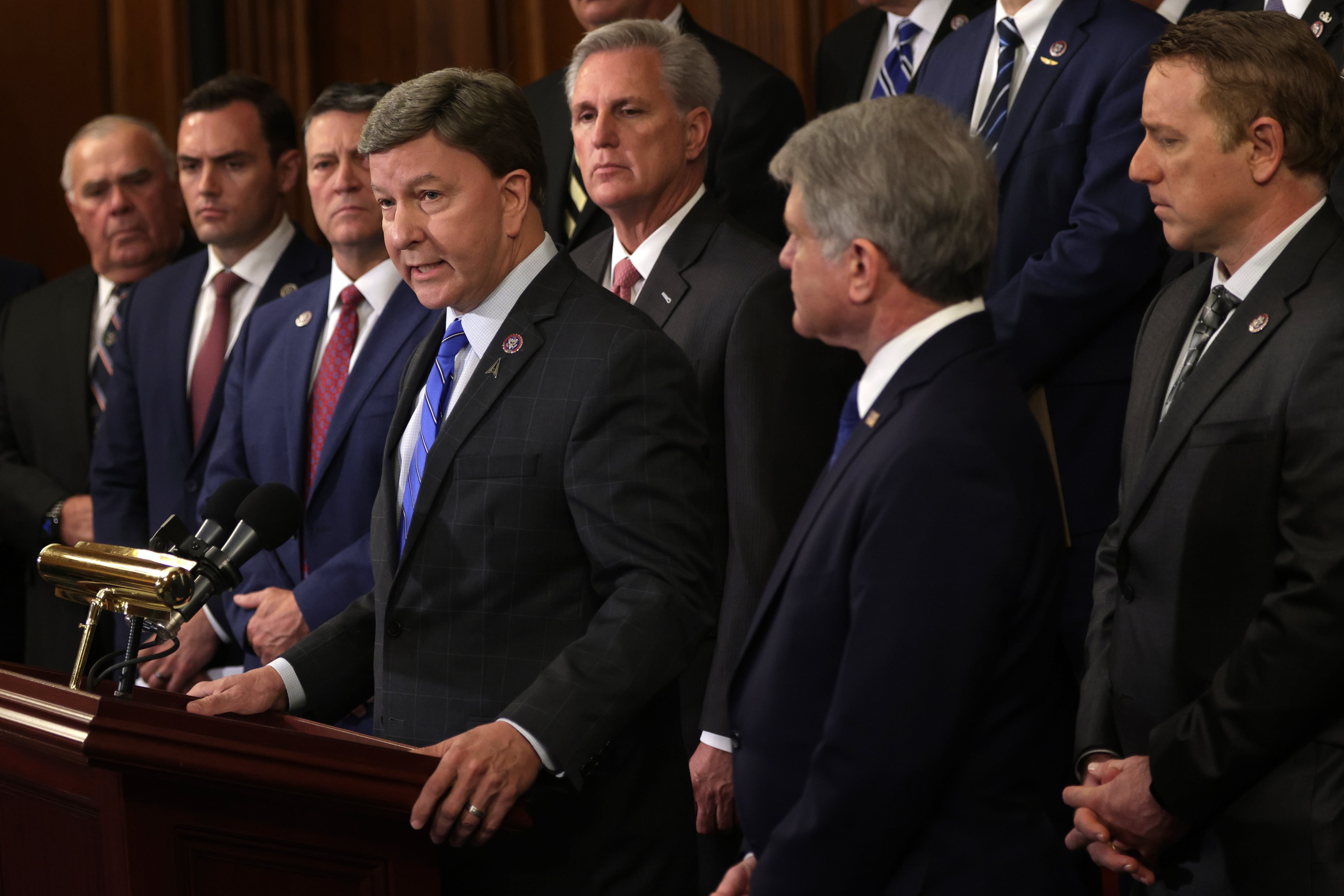Troops saw a 2.7 percent pay raise on Jan. 1, but the coming debate over the size of the 2023 pay raise could put even more money into those service members’ pockets.
Military families have seen consistent salary boosts in recent years, with increases of at least 2.5 percent annually since 2018. The 2022 raise means about $790 more a year in pay for junior enlisted troops, about $1,400 more for senior enlisted and junior officers, and more than $2,600 extra for senior officers.
The pay raise is based on a federal formula called the Employment Cost Index which tracks private sector wages. With the exception of three years in the mid-2010s, that has served as a baseline for all pay discussions, and lawmakers in several cases have voted to go even higher.
RELATED

The ECI calculation for next year’s pay formula is 4.6 percent, up significantly because of increased inflation and wages across the country.
The president is expected to offer his recommendation for the 2023 pay raise in late February as part of the annual federal budget process. House and Senate lawmakers will spend much of the rest of the year debating that mark as part of their spending deliberations.
If that becomes the pay increase for 2023, it will be the highest boost for troops since 2003.
But lawmakers could go even higher.
In October, House Armed Services Committee ranking member Mike Rogers, R-Ala., said that the issue of military pay will be a top priority in next year’s budget debate, to include “significantly increasing compensation and benefits packages, particularly for enlisted personnel.” Committee Chairman Adam Smith, D-Wash., later echoed those remarks.
RELATED

Congress has done targeted pay raises for the military in the past, typically when service leaders have faced recruiting and retention challenges.
But going above the ECI formula for pay raises can be costly. This year’s 2.7 percent pay raise adds about $1.4 billion in personnel costs to the military budget. A 4.6 percent boost next year would be about $2.5 billion more, totals that some Pentagon planners say cuts into training and modernization efforts.
Outside advocates have argued the opposite, saying that investments must be made in military pay to ensure that troops aren’t lured into the private sector by better wages, thereby hurting readiness.
The pay raise debates on Capitol Hill should begin in earnest in March and April.
Leo covers Congress, Veterans Affairs and the White House for Military Times. He has covered Washington, D.C. since 2004, focusing on military personnel and veterans policies. His work has earned numerous honors, including a 2009 Polk award, a 2010 National Headliner Award, the IAVA Leadership in Journalism award and the VFW News Media award.
